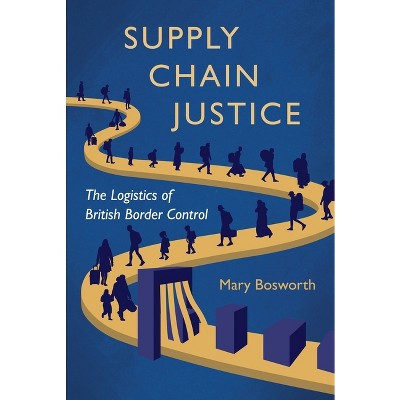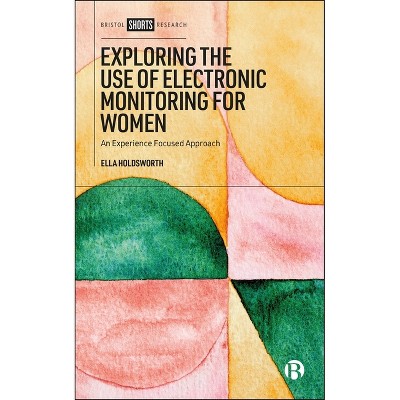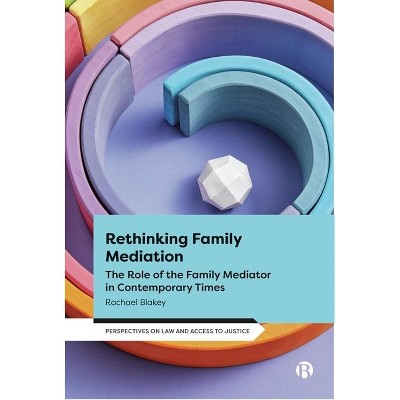Sponsored

Generative Justice - by Fergus McNeill & Mary Corcoran & Beth Weaver (Hardcover)
Pre-order
Sponsored
About this item
Highlights
- This edited collection explores the concept of Generative Justice and how it might help us reimagine conventional responses to crime and state punishment.
- About the Author: Fergus McNeill is Professor of Criminology and Social Work at the University of Glasgow.
- 272 Pages
- Social Science, Criminology
Description
Book Synopsis
This edited collection explores the concept of Generative Justice and how it might help us reimagine conventional responses to crime and state punishment. With case studies from the Global North and South, it offers insights into how, within different cultural contexts, justice-involved people find solidarity, belonging and purpose.
The book showcases exciting and innovative projects and communities in which unlikely solidarities have been forged among diverse people, through creative practices, education, food, horticulture, and through shared experiences of reentry, recovery and desistance. By exploring the common features and qualities of these generative places, the book sets out an agenda for future research and activism.
Review Quotes
'This is a wonderful collection and an absolute must read for all concerned with defining and doing justice in contemporary worlds that takes us beyond normative concepts of crime and punishment. The authors take us on a journey constituted by the 'concept-praxis' of Generative Justice through creative, collaborative, engaged, sensory, activist and transformational research with criminal justice impacted people and communities.' Maggie O'Neill, University College Cork
'In an era when political winds have shifted away from recognizing the full humanity of criminalized people, this collection offers a new vision of justice--one that is relational, communal, humane and in fact generative. Generative Justice makes room to ask new questions of our responses to both crime and criminalization, and its chapters provide numerous examples of novel and promising approaches to justice that meet the needs of a new day. This is an important intervention that is at once ambitious, theoretically sophisticated, feasible and humane.' Reuben Jonathan Miller, MacArthur Fellow and author of Halfway Home: Race, Punishment and the Afterlife of Mass Incarceration
'Generative justice (GJ) is a new term, and this innovative book demonstrates its practical and theoretical potential. Justice is not some lofty and remote conception nor does it belong only to the formal systems of the state. The book itself models the ways in which different perspectives on crime can be pooled in GJ to point towards novel pathways to desistance and reconciliation.' Rob Canton, De Montfort University
About the Author
Fergus McNeill is Professor of Criminology and Social Work at the University of Glasgow.
Mary Corcoran is Professor of Criminology at Keele University.
Beth Weaver is Professor of Criminal and Social Justice at the University of Strathclyde.
Shipping details
Return details
Frequently bought together



Guests also viewed









